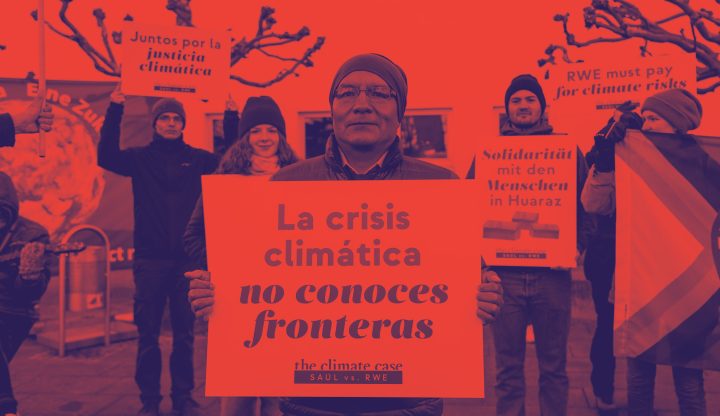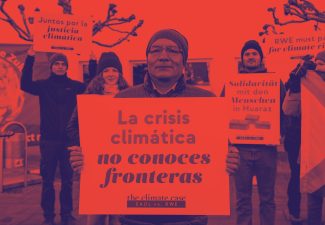News
“Seville’s commitment” must not remain on paper
By Mariana Matamoros, Sergio Chaparro Hernández | | Financing for Development, Human Rights, ONU
Climate budgets
By Mariana Matamoros | | climate budgets, Tax policy, Taxes and climate change
News
Search in News
“Seville’s commitment” must not remain on paper
By Mariana Matamoros, Sergio Chaparro Hernández | | Financing for Development, Human Rights, ONU
Climate budgets
By Mariana Matamoros | | climate budgets, Tax policy, Taxes and climate change
Taxes and spending with a sense of social justice
By Mariana Matamoros | | Climate Change, Colombia, Justicia Fiscal, Tax justice, Tax policy, taxes
What’s in the shopping cart: the hidden history of “neutral” taxes
By Diana Esther Guzmán Rodríguez, Mariana Matamoros | | care work, Inequality, neutral taxes, tax system
The Hungarian Case and its Anti-NGO Laws
By Nina Chaparro González, Oliver Hodges-Jackson | | Authoritarianism, civil society, Closure of civil society spaces, NGOs non-governmental organizations
Reclaiming multilateralism for a shared future
By Christy Crouse, Abby Steckel | | Estados Unidos, Multilateralismo, Trump
Search in Opinion
The Solicitor General’s Invalidity
By Rodrigo Uprimny Yepes | | Alejandro Ordoñez, Constitución de 1991, Reforma a la justicia, Reforma a la justicia
The Solicitor General, in an interview last Wednesday, stated that the litigation that seeks for the Council of State to anull his reelection does not have any legal substance and are motivated by criminal and political interests.
An Ultimatum for the FARC?
By Nelson Camilo Sánchez León | | Derecho a la paz, Derecho a la paz, Justicia transicional, Proceso de paz
Last week, The Economist commented on the peace process in Colombia. In an editorial titled "Time to Call the Farc's Bluff", the magazine recognizes the process' progress, but worries about the critical moment that the process finds itself in given recent violence and the lack of concrete agreements regarding transitional justice.
The Hacked Hacker
By Vivian Newman Pont | | Derecho a la información, Derecho a la información, Derecho a la intimidad, Privacy
If someone wanted to know the most information possible about a person, ideally one would embody them. Given that this is impossible, it leaves the option of hacking a person's computer or phone to read their emails, chats, google search history, as well as turn on their camera and film what happens in their surroundings and their microphone to hear everything... almost like becoming that person at a distance.
Stories
FromTheTerritory
We travel with 20 indigenous activists of the world to the heart of the Sierra Nevada de Santa Marta. Listen to this story about the Kankuama Resistance.
Dejusticia's
Documentaries
Discover some of the documentary pieces that we have made. Indigenous resistance, migration of Venezuelans to Colombia and stories of women coca growers, are some of our topics of interest.








